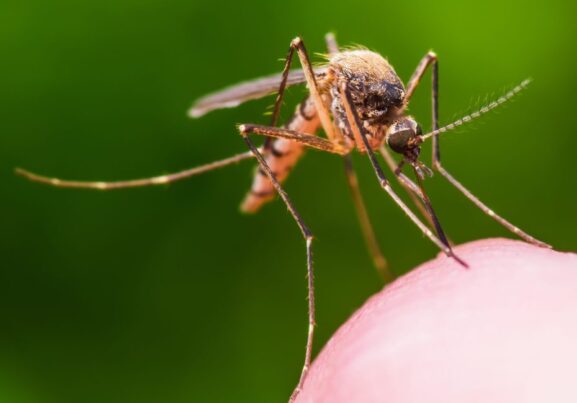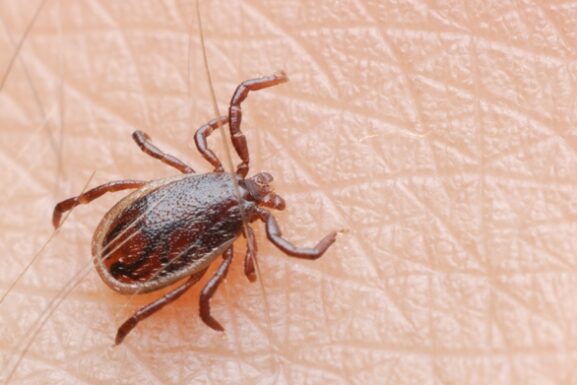The Pros and Cons of Carpenter Ants
There are a plethora of places you don’t want to have ants. Nobody wants ants in their pants or ants at a picnic… and definitely not in your home! But what about ants in your garden? How does your garden factor into potential carpenter ant damage in your home?
Sometimes, ants might be a good thing. It’s just a matter of knowing when, where, and what type of ant.
Are Ants Good for My Garden?
According to the Old Farmer’s Almanac, ants in your garden are potentially a good thing. With their tunneling through the soil, ants aerate the soil, which lets moisture and minerals reach the roots of your plants.

Even carpenter ants can be beneficial in the garden or flower beds. Nesting in decomposing wood and other organic materials opens pathways for natural decomposition, including fungi and other insects.
In fact, if you can get them in your compost pile (and keep them from leaving it), then a carpenter ant colony could be a good thing – but you definitely do not want them in your home.
Do Carpenter Ants Damage Vegetables?
By themselves, carpenter ants do not threaten your vegetable garden or flower beds. But beware of the company they keep.
Carpenter ants’ primary source of protein is other dead bugs… so they can be helpful in cleaning up the other things that would attack your garden – except for aphids. When aphids feast on your plants, they produce a substance called honeydew that almost all forms of ant love. In fact, some ants love it so much they’ll take aphids back to the colony and feed them like a farm animal!
And that’s where ants in the garden become a problem. Aphids feed on living plants and will definitely kill them if you have too many aphids. Since ants like aphid honeydew, ants in your garden could indicate a potential crop-damaging problem.
Should I Be Worried If I See One Carpenter Ant?
While a single carpenter ant isn’t a reason to panic, it indicates that it’s time for a professional inspection of your home and the nearby trees. Carpenter ants don’t feed on healthy, living wood. They tunnel through cut or decaying wood to form nests and provide entry vectors for other forms of decay.

In a tree, a carpenter ant nest is not necessarily a terrible thing or a sign the tree needs to be removed, but it can be. The issue with carpenter ants nests in your trees is that they could expand into your home. Unfortunately – as far as carpenter ants are concerned – the wood we use to build houses is dead wood, which they love. Next thing you know, your home has carpenter ant damage.
Generally speaking, if the wood on your house or deck is in good condition (and was pressure treated), carpenter ants aren’t likely to be attracted to it. But if wet, decaying wood is present, they will use it and hasten the destruction of that part of your house.
Carpenter ants can also be attracted to pet food or other crumbs left lying around. Keeping your house clean and in good repair is the first step in keeping ants outside where they belong.
Let Fox Pest Control Solve Your Carpenter Ant Problem
If you’re getting antsy about ants of any kind in your home or yard—or want a pro to inspect for areas where ants might be causing damage—Fox Pest Control has you covered. Early professional pest control can save your trees, yard, and house from carpenter ants and the pests they bring with them. To get started, contact us today.


